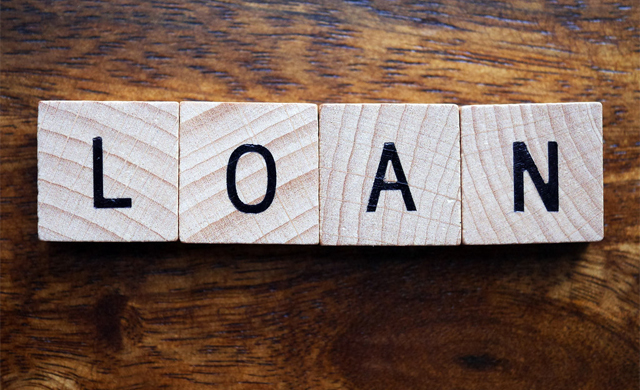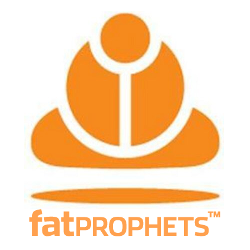Borrowing money is something that few people can avoid. Circumstances push them into it at some point. You are less likely to borrow if you are born into a wealthy family or landed a deal that made you a lot of cash. However, if your life is to the contrary, you might need to borrow if you need money to buy a car, build a home, or study at the university.

While borrowing cash might be unavoidable, it can be a positive thing if done wisely. The first thing you must do is research to know your options and their outcomes. It will help you make the best decision and see you save even if you shall be tasked with repaying the loan. Choosing the best option depends on several factors like:
- How much you need
- How quickly to want it
- How fast you can repay
- Your credit score
Your credit score is a crucial component in your chances of qualifying for the loan. But you do not necessarily need to have a fixed credit score. Creditors or lenders can employ a different criterion to qualify potential borrowers. Therefore, your credit score is a subjective element in the lender’s eyes.
Your score can determine the amount you can borrow and the interest rate charged. Assuming you seek a mortgage, your application will likely be rejected if you have a low credit score.
Having low credit scores can attract higher interest rates on personal or secured loans. The score is awarded to borrowers that creditors or lenders have deemed unreliable. It could also stop you being able to borrow, visit Cobra Payday Loans for guaranteed acceptance. They could also be individuals that have missed making their monthly payments or are often late. Given this, you can potentially attract a low credit score if you have never borrowed. It is an interlinked situation where your appetite for borrowing and how efficient you are at settling the loan can positively impact your credit score.
Borrow from your bank if you need a small amount of money, arranging for an overdraft. The bank will not charge a set-up fee, and the interest rates could be fairly low than what you would get from a payday loan company. If you do not get an overdraft or extend the one you have, taking out a credit card could be the next best thing since it offers zero-interest for the first six months. Make all your purchases on your credit card during those six months. However, discipline yourself about settling the balance before the interest-free period expires. You will avoid facing higher interest rates going forward.
If you borrow to finance a new car, consider buying the vehicle through hire-purchase or PCP (Personal Contract Purchase). Ensure you check the interest rate charged compared to what you would get if you approached a bank or lending society. Borrow where the interest rates and terms are favorable, and pay for the vehicle upfront.
As for homeowner loans, they can be an excellent option when you are in a bind and need a significant sum, perhaps to consolidate your debts, for kitchen or bathroom renovations, or any other home improvement project. You can consider remortgaging your home or increase the mortgage, but this demands that you have adequate equity.
Secured loans are worth considering when you have a less than pristine credit score and need a large amount of money. You can offer your property as collateral, granting the lender the right to possess the collateral when you default on the loan. It works the same as in the case of a mortgage. Therefore, take homeowner loans if you are confident you can meet all the terms and conditions.
Lastly, do not downplay the need to research and then shop around. The fees and arrangements on loans will vary from one lender to the next. And keep in mind that you might have to part with some money when valuing your property to put it up as collateral. Always compare the interest rates offered and review the loan terms to save yourself from a financial nightmare.

 Hot Features
Hot Features











